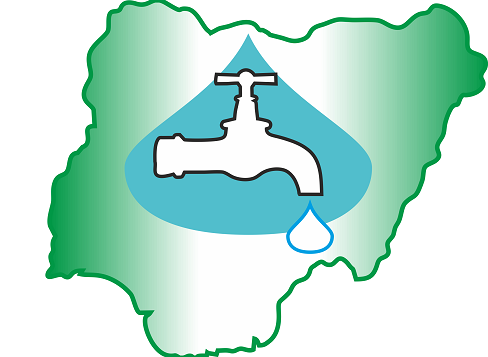

The pro-masses approach of the National Urban Sector Reform Project deeply considers and prioritizes the improvement of water supply services tothe urban poor dwellers. They face the prevailing plight of walking long distances to fetch water resulting in loss of time and energy that could be channelled to other productive engagements.
Their exposure to the manipulation of water vendors, poor quality water resulting in endemic water borne diseases. poor sanitation due to limited access to quality water will be addressed through the Low Income Household Strategy embedded in the reform programme. Aclear understanding of the profile of low income families, where they live their sources of water and appropriate water needs will be undertaken through expert study. The strategy will put in place various measures and recommend design standards for improved water source and reliability for the urban poor.
This pro-poor initiative intends to meet their per-capita water consumption through appropriate technology. Recommended service standards focuses on maximum walking distance to source of water supply, putting a distance of 250 meters and a tumaround time for fetching water not exceeding an average of 30 minutes. It also suggests a maximum number of about 100 people per stand pipe while efforts would be geared towards reducing this figure.
Minimum network residual pressure and service storage aimed at improving the access to potable water for the urban poor is also recommended for adoption. The reform will encourage the creation of a social unit for the urban low income household dwellers in the state water agencies while Water quality must conform with the National Standard for drinking waterquality.

